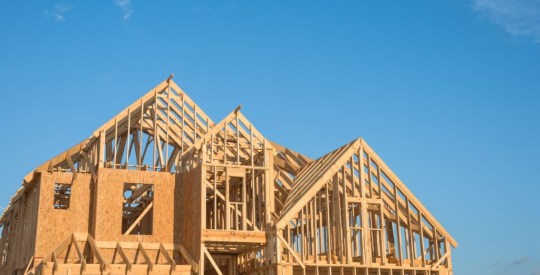In today’s housing market, many demographic age groups are breaking away from historical norms when it comes to how they interact with the housing market, according to Freddie Mac’s 55+ Survey.
Those older than 54 make up slightly more than 25% of the population in the U.S., however they control about 66% of the equity in single-family homes, Freddie Mac’s monthly Insight for July shows.
In fact, today’s 65-year-old who bought the average house at age 30 saw the average of that house increase 3.7 times the original value.
The influence of the over-55 population will last a long time, according to the report, since today's 65-year-old can expect to live until age 84 on average.
On the other hand, the life expectancy of the generation before, the Greatest Generation — those born between 1900 and 1924 — was 47 years.
"In the conventional wisdom on the housing life cycle, the Millennials should be providing a surge in first-time homebuyers, while older generations should be moving to the next stage of their housing life,” Freddie Mac Chief Economist Sean Becketti said.
“Gen Xers should be trading up from a starter home to a larger home,” Becketti said. “Baby Boomers should be selling their homes to Gen Xers and downsizing, renting, or moving to an age-specific community, and the Silent Generation should be thinking about moving to assisted living or moving in with adult children.”
That being said, the labor force participation of the Baby Boomers is steadily increasing since it hit its lows in the mid-1990s.
More than 33% of Baby Boomer homeowners still have a mortgage. What’s more, most of those with a mortgage have over 10 years left until their loan is paid off.
"With the possible exception of Gen X, people are ignoring the conventional wisdom," Becketti said. “Millennials are taking longer to marry, start families, and buy their first homes, and the 55+ population are working longer, aging in place, or buying an additional home, or two, rather than winding down.”
“Furthermore, they expect to be an active part of our housing economy for quite a while longer," he said.
About 19 million Baby Boomers want to buy a home, with 8 million saying they want to do it within the next four years. Unfortunately for Millennials, about half of the 19 million said they are looking to pay less for their next home.



